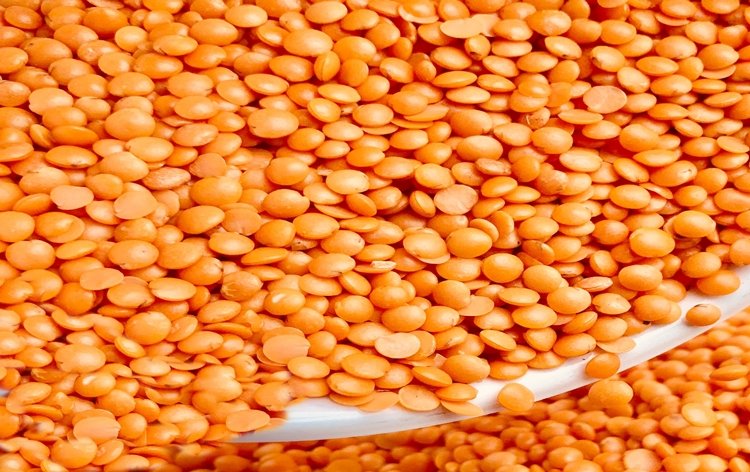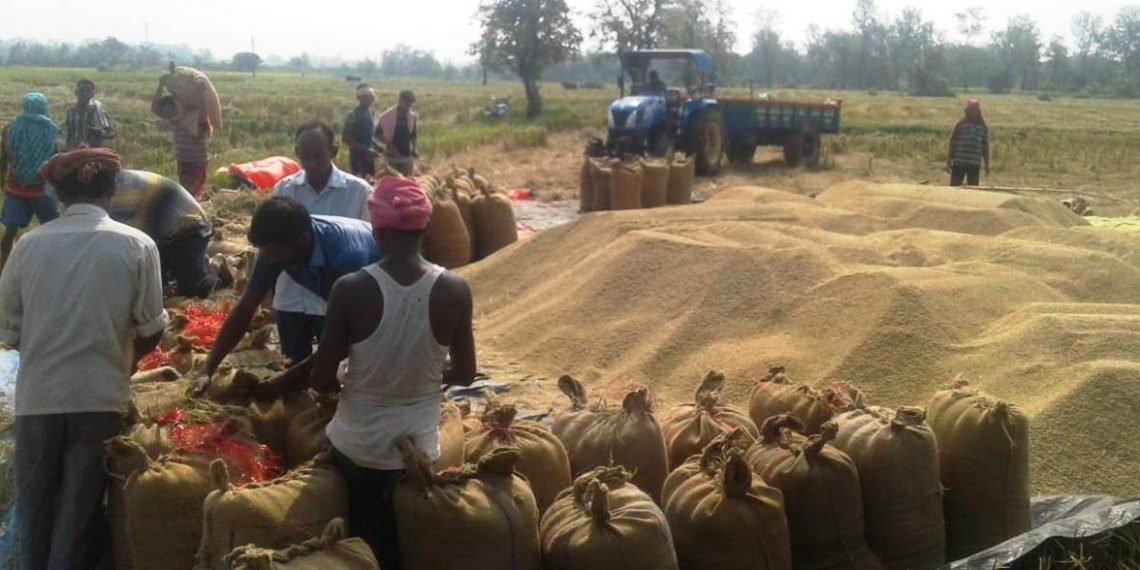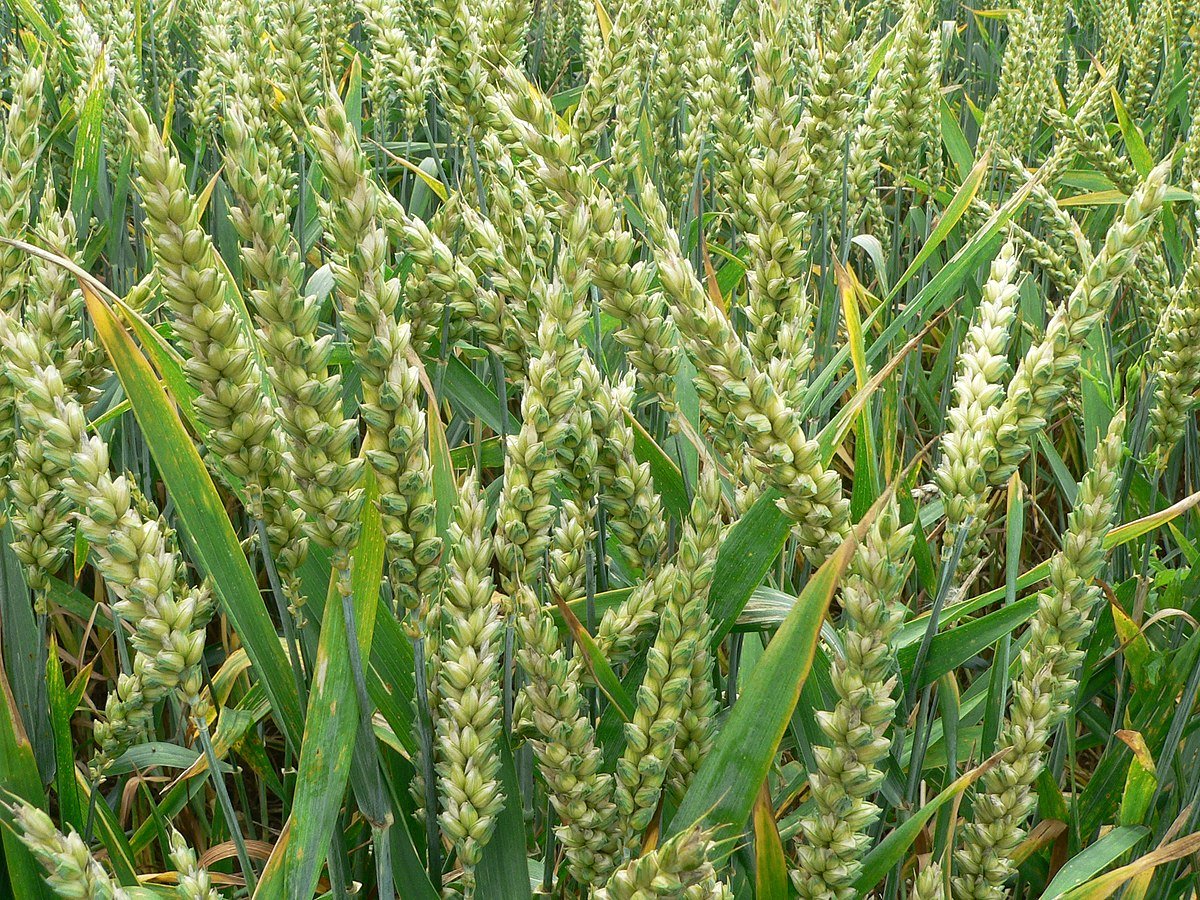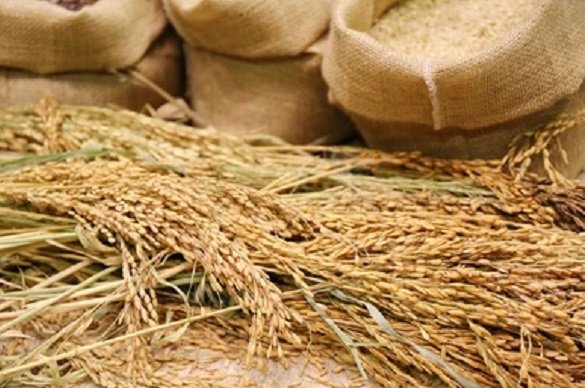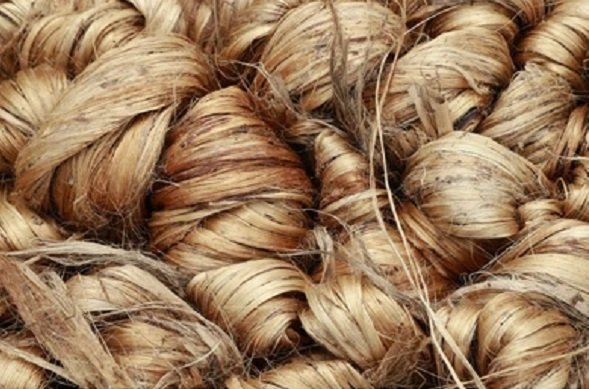Masur stock mandatory to disclose on portal every Friday
Centre issues advisory for mandatory stock disclosure of Masur (lentil) with immediate effect
The Department of Consumer Affairs, Government of India has issued an advisory for mandatory stock disclosure of Masur (lentil) with immediate effect. All the stakeholders should mandatorily disclose their Masur stock on the stock disclosure portal (https://fcainfoweb.nic.in/psp) managed by the department every Friday. Any undisclosed stock if found, will be considered as hoarding and suitable action under the EC Act would be initiated.
Rohit Kumar Singh, Secretary of, the Department of Consumer Affairs, during the weekly price review meeting, instructed the department to broad-based the lentil buffer procurement. The objective is to procure available stocks at prices around the MSP. This came at a time when NAFED and NCCF had to suspend their tenders to purchase imported lentils due to exorbitantly high bids received from few suppliers amid hints of cartelisation.
Secretary, of Consumer Affairs, stated that at a time when lentil import flow increases from Canada and Tur imports from African countries, few players are trying to manipulate the market against the interest of the consumers and the Nation. The government is watching the developments very closely and will initiate stringent measures to get the stock released into the market so that the availability of all pulses at reasonable prices during the festival season is ensured.
He further added that judiciously balancing the interest of the farmers vis-à-vis the consumers is paramount and that the Department will not hesitate to initiate stern action against those trying to hurt the interest of Indian consumers and farmers in an unscrupulous manner.
Centre issues advisory for mandatory stock disclosure

